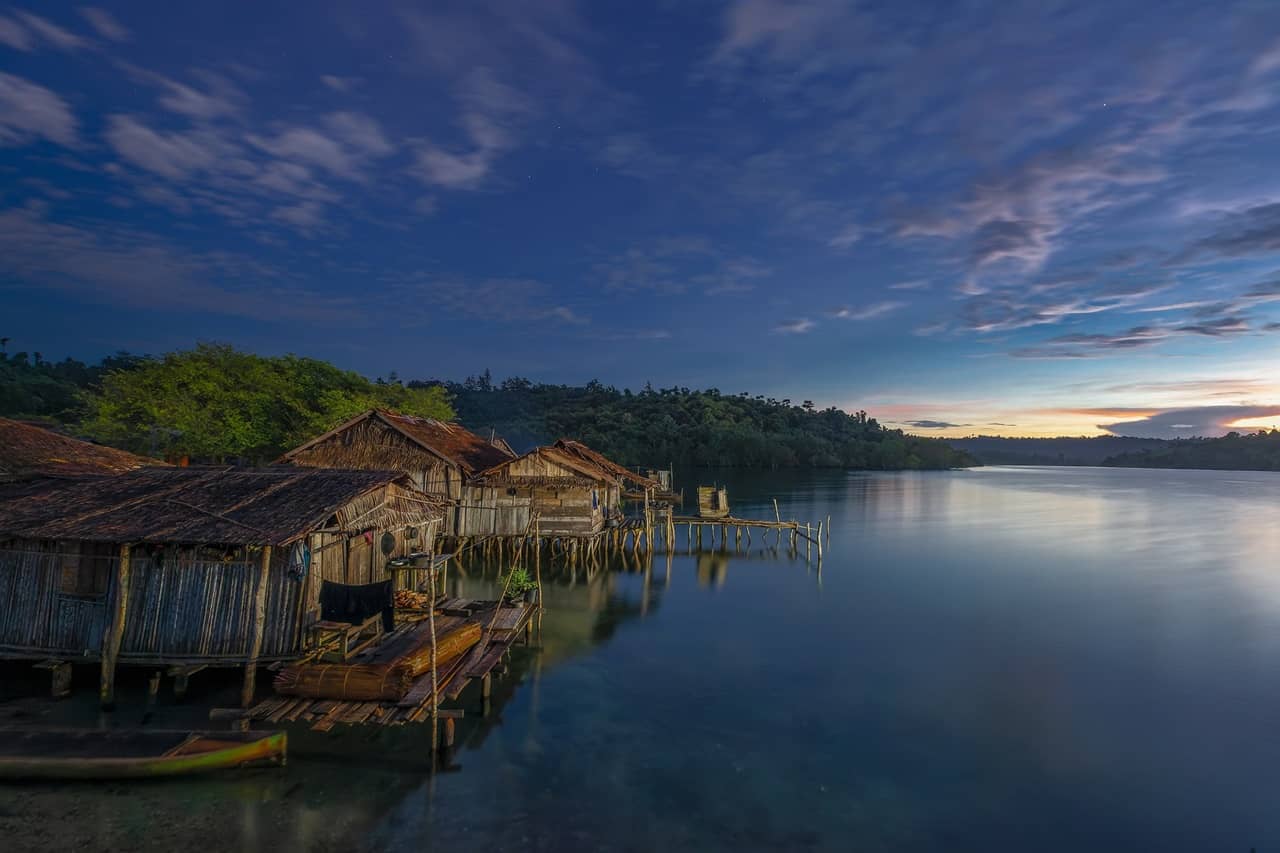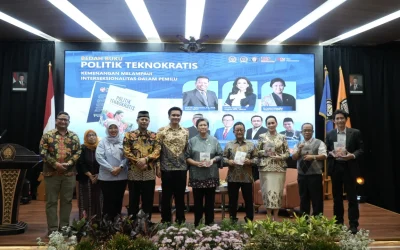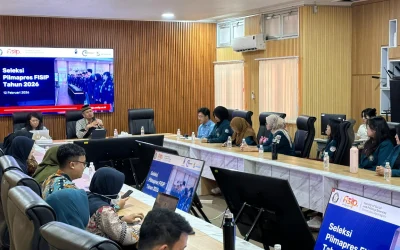Semarang – This study examines the handling of annual floods occurring at Lake Tempe, South Sulawesi. These floods result from the overflow of nearby rivers, such as the Walannae and Bila Rivers, exacerbated by sedimentation due to erosion and the growth of water hyacinths, which reduce the lake’s water capacity. The disaster management model applies a penta helix approach, involving five key stakeholders: the government, private sector, academia, civil society, and mass media.
The government plays a central role in flood management by involving various entities such as the military (TNI), police (POLRI), the regional disaster management agency (BPBD), and healthcare services. On the other hand, the private sector contributes by providing financial aid through several large corporations. However, flood management is still perceived as reactive and insufficiently integrated, particularly regarding the regulation and management of the Lake Tempe area. Therefore, a holistic approach is necessary to address these challenges more effectively.
Additionally, the local community, especially fishermen residing around Lake Tempe, plays a crucial role in disaster mitigation. They utilize local wisdom, such as the “maccera’ tappareng” tradition, which demonstrates social solidarity and the community’s resilience in facing the floods that have become a regular part of their lives. The mass media also actively participates by routinely reporting on the floods, raising public awareness of the importance of disaster management.
Source: Astuti, R. S., Priyadi, B. P., & Hidayat, Z. (2020, April). The Role of Stakeholders in the Handling of the Exposure Flood Disaster of Lake Tempe in South Sulawesi. In ICISPE 2019: Proceedings of the 4th International Conference on Indonesian Social and Political Enquiries, ICISPE 2019, 21-22 October 2019, Semarang, Central Java, Indonesia (Vol. 376). European Alliance for Innovation.
About the Author:
Dr. Dra. Retno Sunu Astuti, M.Si., is a lecturer in the Department of Public Administration at Universitas Diponegoro. She earned her bachelor’s degree at Universitas Diponegoro and continued her master’s and doctoral studies at Universitas Gadjah Mada. Currently, Dr. Dra. Retno Sunu Astuti, M.Si., teaches in the Public Administration Doctoral Program, focusing on Policy Analysis courses. Her research centres on public policy, particularly disaster management and the role of stakeholders in these policies.





0 Comments